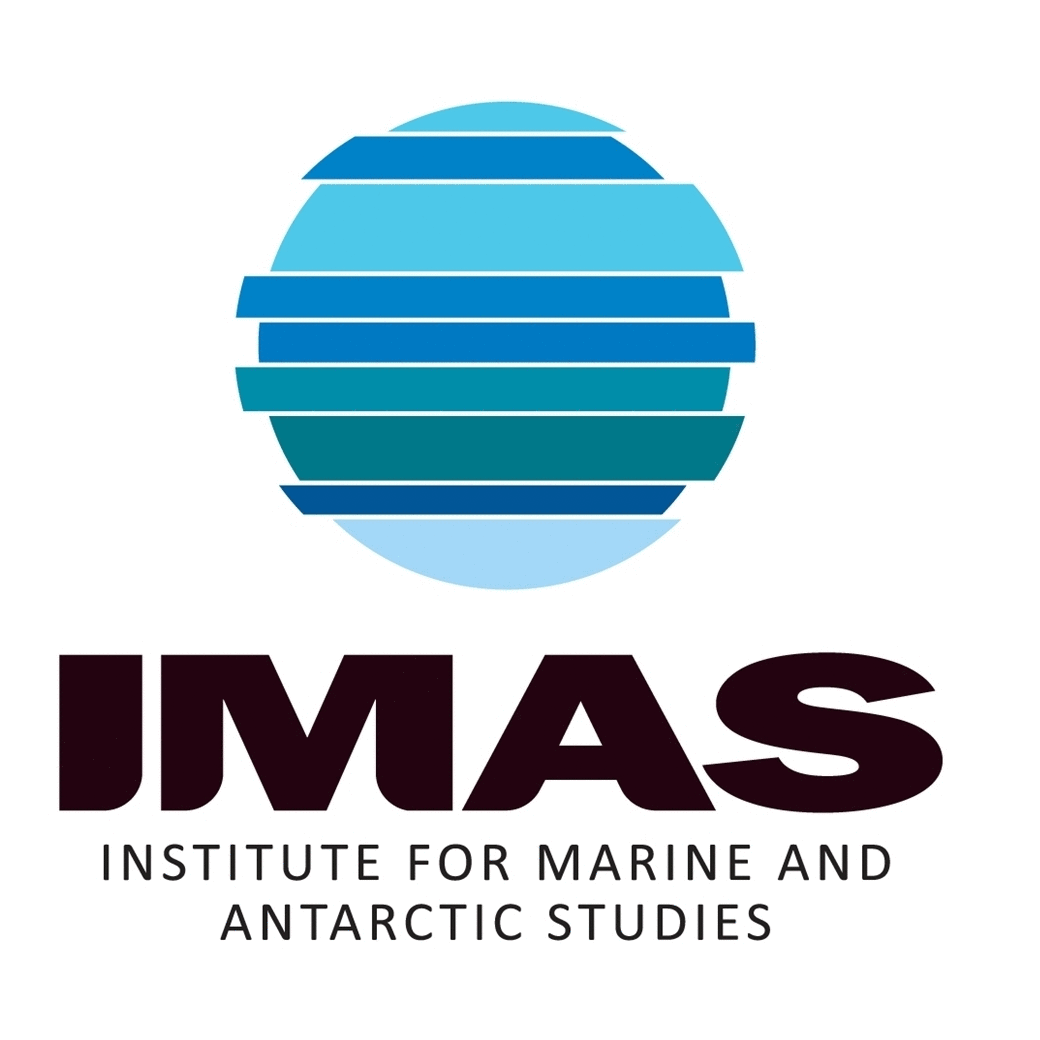microbiological hazards
Type of resources
Topics
Keywords
Contact for the resource
Provided by
Years
-

This record provides an overview of the NESP Marine and Coastal Hub scoping study - "Research needs for assessment and monitoring of nutrients, chemicals and antimicrobials in the marine environment". No data outputs were generated by this project. -------------------- Coastal water quality is threatened by an increasing volume of chemicals produced and used in our modern lives. These chemicals are commonly incorporated into pharmaceuticals and household items, and subsequently discharged into coastal areas from a broad range of point sources. Recently emerging contaminants include a variety of chemical (e.g. heavy metals, pharmaceuticals, pesticides, nutrients) and microbiological (e.g. pathogens, antibiotic resistant microbes) sources that are discharged in sewage, stormwater, estuarine flows and industrial wastes. For many of these chemicals, our understanding of their environmental concentrations and biological effects is limited. When new scientific information emerges to suggest that a particular contaminant may be hazardous, this is refered to as a contaminant of emerging concern (CEC). There is limited data about the environmental occurrence and biological effects of CECs, but emerging research suggests they have the capacity to be toxic. With an increasing list of CECs detected in the environment, important questions remain unanswered around which contaminants and scientific knowledge gaps should be prioritised. This desktop study engaged CEC stakeholders from academic research, government, water utilities, and non-government organisations to collaboratively identify priority CEC issues in Australia’s marine ecosystems. The project delivers a risk-based framework for future CEC research directions and water quality management priorities. Outputs • Final Project Report [written]
 IMAS Metadata Catalogue
IMAS Metadata Catalogue